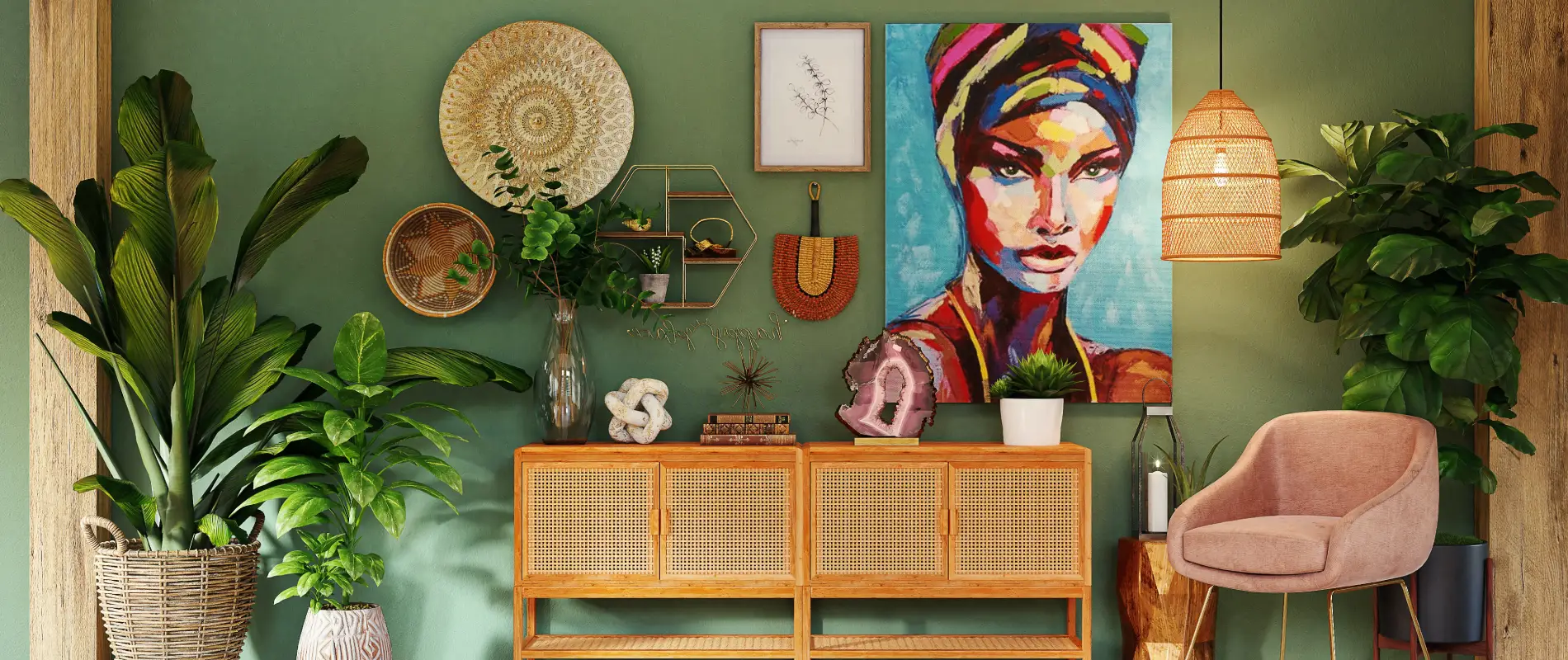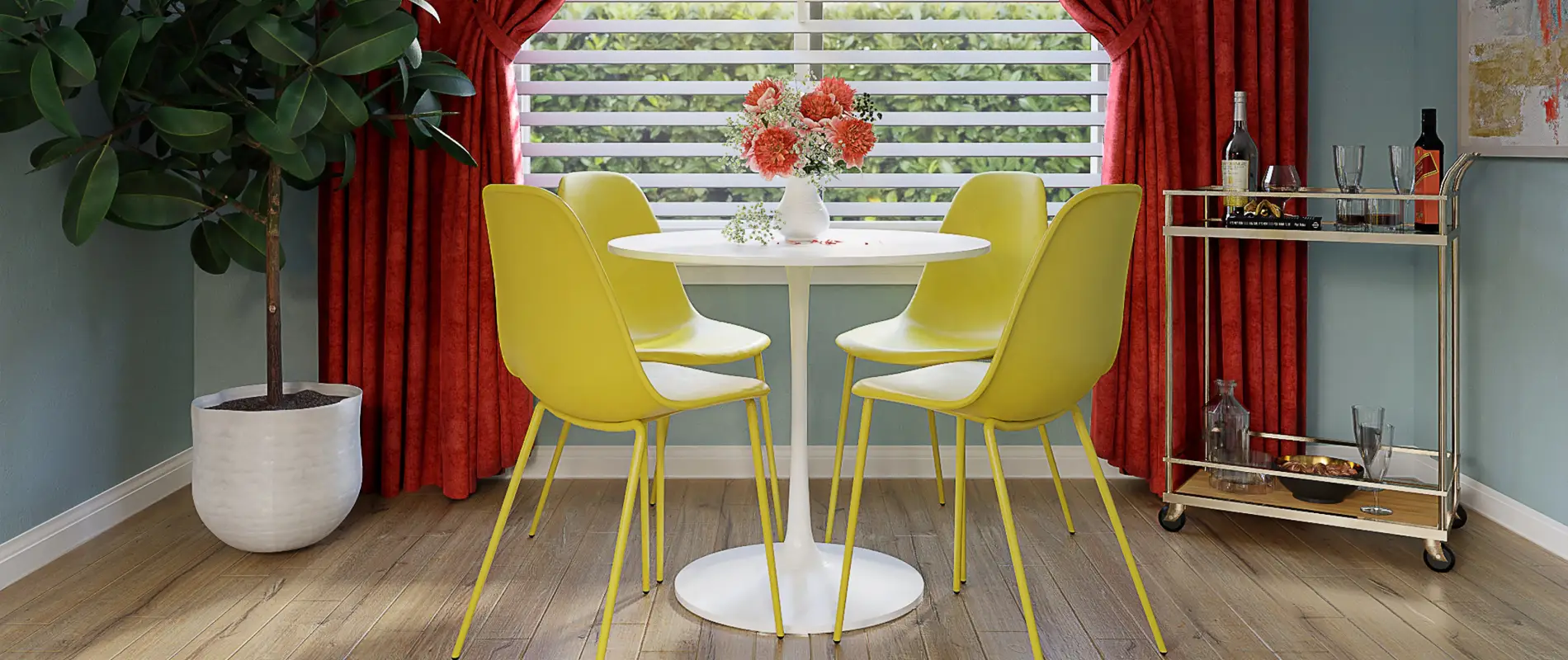
WordPress pattern: Story Mix Light SML-PRO-16
Build WordPress sites with MaxiBlocks. All features free forever. No locked functionality. Optional Cloud Library saves you 10+ hours per project. Start free
Elevate Your Website with Clean and Modern Image Analysis
If you’re looking to improve your WordPress website design, a sleek and modern image analysis layout might be just what you need. This design uses a symmetric, grid-based layout that beautifully showcases your services or features, offering a refreshing balance of clarity and visual engagement.
1. Layout Analysis
The layout is well-organised, making navigation easy for your visitors.
Overall Structure
- Elegance: Split into two main sections for seamless user experience.
- Symmetry: Two rows with two columns each for a visually pleasing, easy-to-follow format.
- Modern Details: A grid-like presentation with rounded square borders for a sleek, contemporary touch.
2. Element and Feature Description
Visible Elements
- Headers: Bold titles like “Innovate” and “Grow” capture eyes at first glance.
- Text Blocks: Express your message succinctly without overwhelming the reader.
- Images: Enhance the text with the perfect accompanying picture.
Interactive Elements
This design sets a solid base for future interactive features if desired, currently perfecting static content display.
Typography
A clean, sans-serif font is used throughout, fostering a contemporary and readable feel.
Icons or Graphical Elements
The focus remains on text and images for a minimalist appeal, avoiding unnecessary clutter.
Image Borders and Orientation
Rounded square images lend a uniform and polished look, creating visual harmony throughout your site.
3. Unique Design Aspects
Standout Design Choices
- Modern Flair: Unique use of rounded borders enlivens the design.
- Potential for Interactivity: While static, the layout can easily integrate hover effects or animations.
- Responsive Elements: Responsive design underpins the layout, ensuring a seamless experience across all devices.
- Accessibility: Intuitive headers and simple text enhance readability, though adding alt text and high-contrast colours could improve accessibility further.
4. Overall Design Style
Design Style
Minimalism reigns supreme, making this design perfect for professional backgrounds where simplicity and clarity are key.
Visual Hierarchy
With clear headers and short text blocks, navigating from title to description is intuitive, improving overall comprehension.
White Space and Balance
Adequate white space around elements creates a balanced setting, encouraging focus on the core content.
10 Ways to Organise Content in WordPress
Categorise Wisely
Categories help structure your content logically; think of them as overarching themes. When used correctly, they enhance navigation and allow readers to find relevant information quickly. Each post should fit into one main category to maintain clarity. This structured approach not only aids users but also boosts SEO efforts, making it easier for search engines to understand your site’s layout.
Tagging for Depth
Tags act as keywords within your content. Unlike categories, they provide more specific insights, allowing users to explore related posts within specific subjects. Tags should be consistent and relevant, helping readers dive deeper into particular topics. This secondary organization method further augments site navigation and content discovery.
Utilise Pages
Pages host static content such as “About Us” or “Contact,” framing your website’s essential information. Pages differ from posts as they don’t fit into categories or require frequent updates. Structuring your main information in pages maintains a clean, professional layout, essential for streamlined navigation and user engagement.
Post Formats
WordPress offers different post formats, such as video or gallery, which help tailor the presentation of your content. By varying post formats, you can keep your content fresh and engaging, enhancing user experience. Deciding on the best format relies on your message’s focus, ensuring it conveys the idea most effectively.
Hierarchical Content
Using parent and child pages creates a hierarchical structure, useful for complex content organisations. This tiered strategy ensures readers can easily follow and understand extensive sections. It’s particularly useful for sites with detailed information niches, offering structured pathways for exploration.
Custom Post Types
Expand beyond regular posts by creating custom post types, tailoring content to specific needs. This flexibility allows developers and users to display varied content types, from reviews to portfolios, maintaining a sleek, functional interface. Utilising this feature maximises the potential of your site’s diversity.
Media Organisation
Organising media effectively in WordPress improves not only aesthetic appeal but also functionality. Label images and videos with useful titles and ALT text for enhanced accessibility and SEO. Sorting your WordPress media library with folders or categories keeps your site running smoothly.
Menu Structuring
Building and organising menus facilitates easy navigation across your site. Opt for clear, simple labels and a streamlined hierarchy. A well-structured menu prioritises essential content, allowing visitors to discover the core of your site with minimum effort. Combining intuitive navigation with compelling design enhances user experience.
Widget Areas
Widgets occupy critical space within your WordPress site, from sidebars to footers. Default widgets, coupled with custom ones, allow you to display targeted content. Popular widgets include search bars, recent posts, or social media links. Deploying and arranging widgets increases the functionality and appeal of your site.
Permalink Structures
Understanding permalinks is vital for optimising SEO. Ensure each URL is concise and reflective of its content to aid both search engines and visitors. Managing permalinks streamlines user experience and improves search visibility. A consistent URL structure enhances your site’s navigability while supporting branding efforts.
10 Types of Content in WordPress
Blog Posts
The cornerstone of WordPress websites, blog posts are instrumental in sharing news, opinions, or updates. Regularly updating your blog keeps readers engaged, informs on industry trends, and bolsters SEO with fresh content. Each post can incorporate images, videos, or links to create dynamic, multifaceted narratives.
Static Pages
Pages convey unchanging information crucial to your site’s structure, such as “About Us” or “Contact.” Unlike blog posts that move through archives, pages stay put, providing steady reference points for visitors. Use them to outline your mission, offer guidance, or maintain contact forms, solidifying essential brand information.
Portfolios
Ideal for showcasing photography or design projects, portfolios offer a curated gallery of your work. Tailored templates allow each project its own page, with images and details. This content type makes presenting artistic endeavours professional, conveying the quality and style of your work.
Testimonials
Customer testimonials validate your work, providing authentic feedback that reassures potential clients. Present these on your WordPress site to enhance trust and credibility. Group testimonials by service type or product to offer tailored insights. This content can act as compelling social proof for your business.
Product Pages
For e-commerce sites, dedicated product pages detail essential information, from descriptions to pricing. High-quality images, reviews, and specifications aid potential buyers, enhancing the shopping experience. Structured product content in WordPress platforms like WooCommerce enables streamlined purchasing processes.
Events
Events content centres around calendars or schedules, perfect for workshops, sales or meet-ups. Integrating event plugins on your WordPress site keeps your audience informed, encouraging participation and attendance. Fulfilling this content type helps maintain a calendar that aligns perfectly with user engagement efforts.
FAQ Sections
FAQ sections address common questions directly, streamlining user support on a WordPress website. This content reduces customer service demands, providing quick answers that enhance user satisfaction. FAQs improve searchability through targeted keywords, drawing organic traffic effortlessly.
Forums
Forums offer a space where users can engage in discussions, ask questions, or share knowledge. By supporting community building, forums increase user engagement, foster a sense of belonging, and develop brand affiliation. Discussion threads enhance interactivity on your WordPress site, providing continuous content generation.
Courses
Online courses encapsulate content crucial for educational platforms. Using plugins, you can organise and present lessons in an ordered fashion. These structured courses maintain student progress, offering valuable learning pathways. Courses pair well with memberships for a self-sustaining resource model within WordPress’s framework.
Job Boards
For businesses or communities, job boards facilitate employer-candidate connections. Integrate listings into your WordPress site to build a valuable resource for employment opportunities. A well-maintained job board strengthens professional networking, leading to successful placements while attracting traffic to your platform.
Conclusion
The harmony of thoughtfully analysed designs provides your WordPress website design with an unparalleled aesthetic and functional edge. Embrace this minimalist approach to improve visibility, interaction, and overall user experience. From efficiently organised structures to varied content types, ensuring the right mix elevates your site beyond the ordinary while keeping future development possible. Enhance your digital presence today by exploring WordPress navigation menus, AI website builder features, and more.


